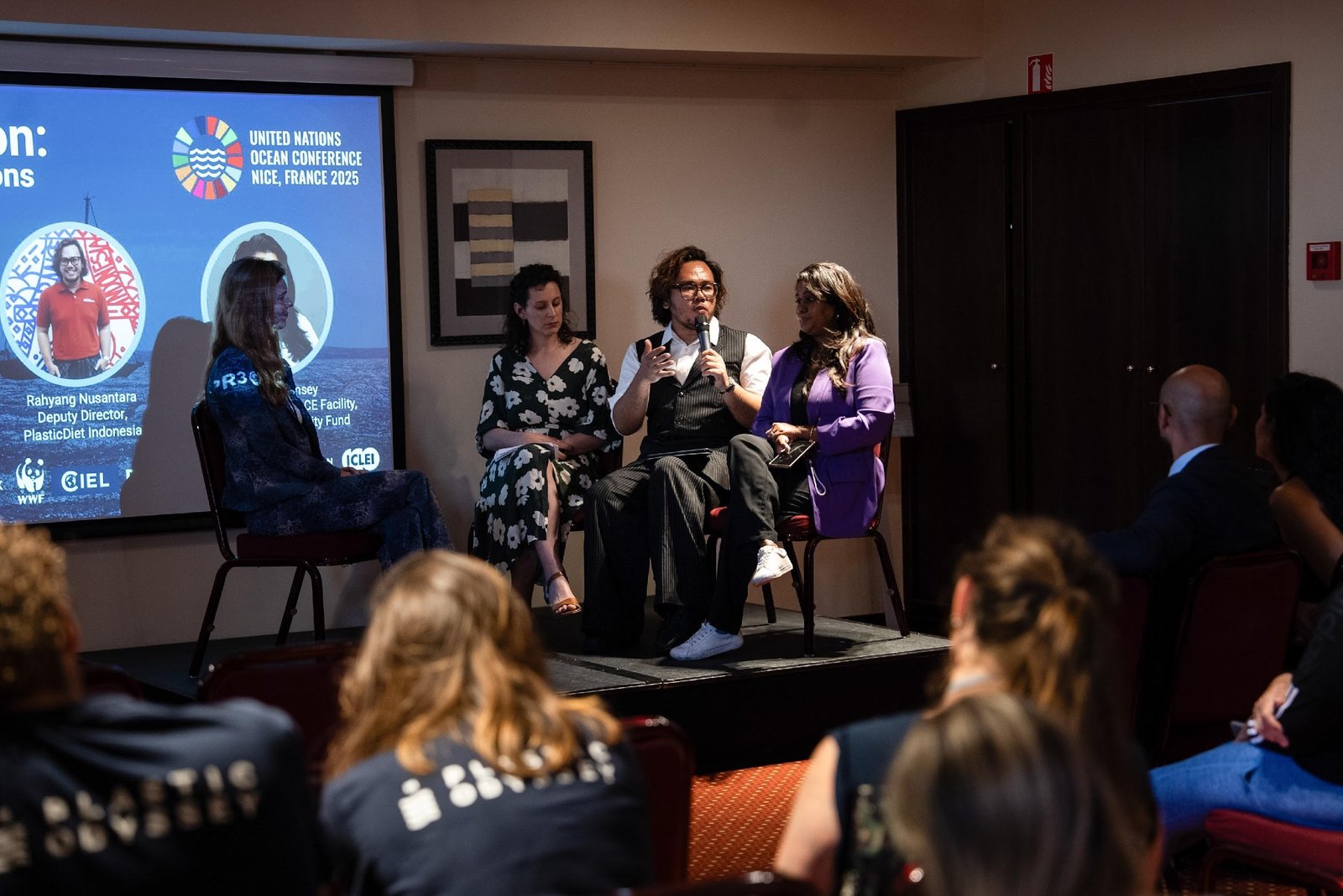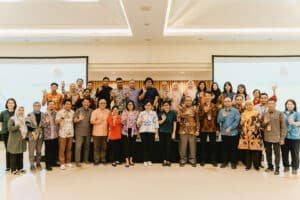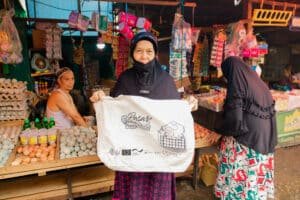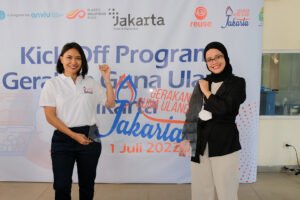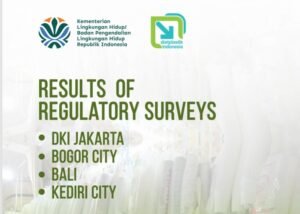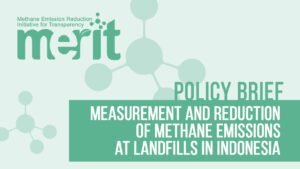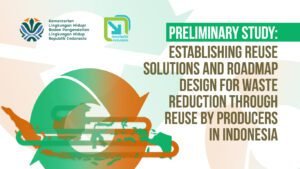From June 9–13, 2025, I had the opportunity to represent Dietplastik Indonesia, PR3 the Global Alliance, and serve as a 2024 PIPA Ocean Fellow at the United Nations Ocean Conference (UNOC3) in Nice, France. This event brought together global leaders to align efforts on sustainable ocean governance—especially as we head toward the final negotiations of the Global Plastics Treaty (INC-5.2) this August in Geneva.
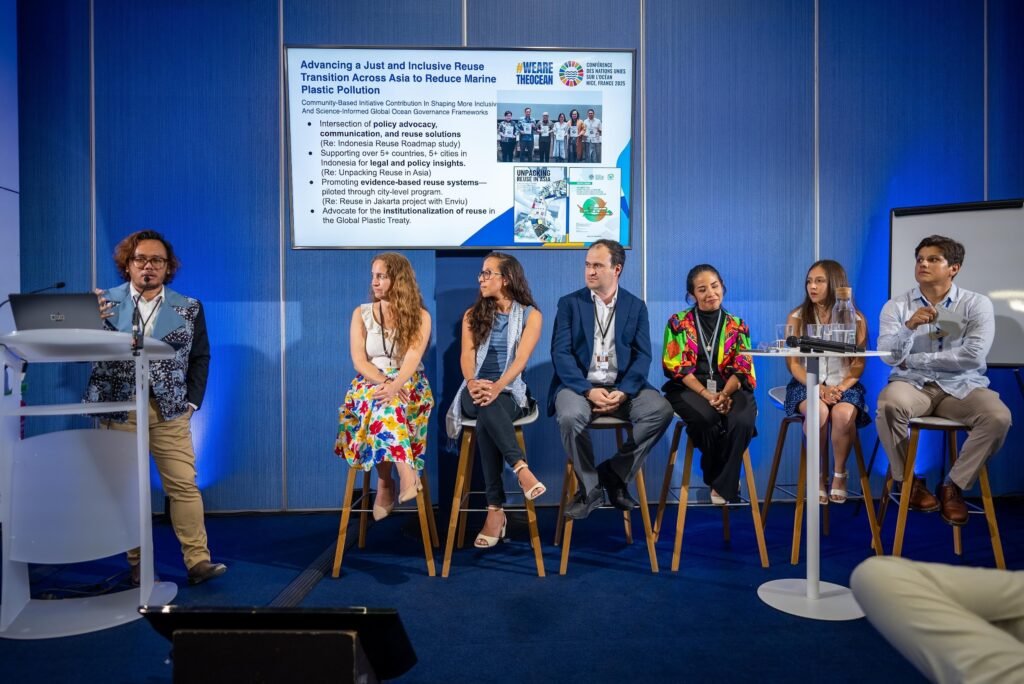
Photo credit: Dietplastik Indonesia/Alexandre Dumort.
Advocating for Upstream Solutions
As a representative of Indonesian civil society and the Asia Reuse Consortium, I brought a strong message to the global stage: upstream action and reuse systems are essential to prevent marine plastic pollution. I joined official and side events hosted by the UN Environment Programme, World Economic Forum, Scientists’ Coalition, and the PIPA Ocean Network to share community-rooted reuse solutions from Indonesia.
I highlighted Indonesia’s achievements in promoting reuse—from local plastic bans to city-led pilots like Jakarta’s HoReCa (hotel, restaurant, and catering) sector. I emphasized the importance of a just transition that includes informal waste workers, fair financing, and youth leadership.
Reuse in EPR: From Cleanup to Prevention
On June 12 at the Searious Business side event, I stated:
“To stop plastic from reaching the ocean, we must stop making it disposable in the first place. Embedding reuse in Extended Producer Responsibility—backed by global standards like those from PR3—is how we shift from cleanup to real prevention.”
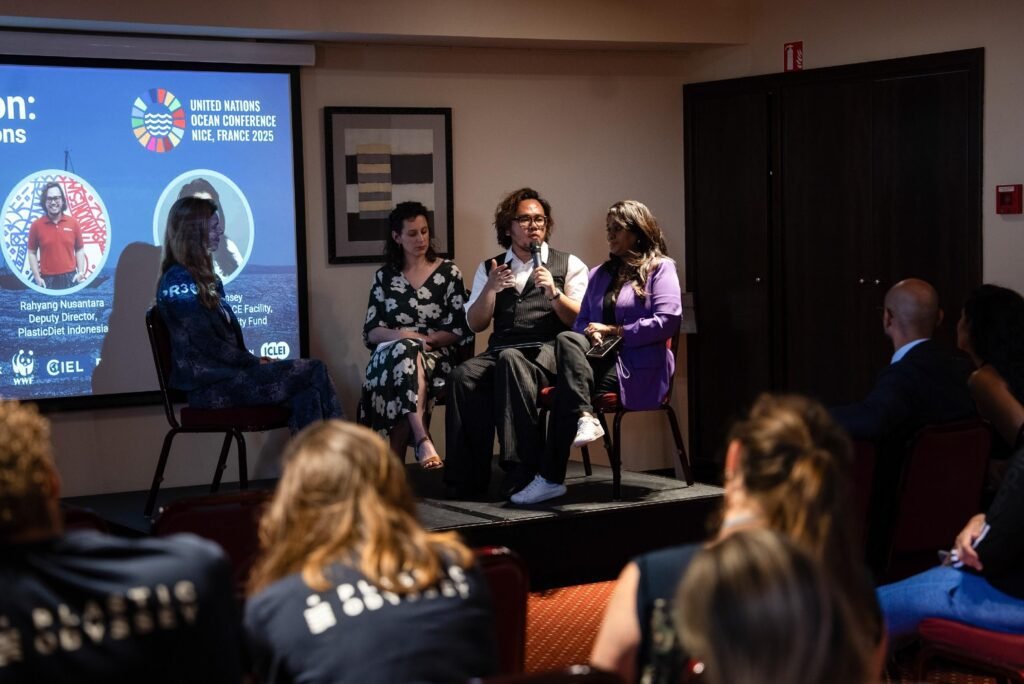
Rahyang’s participation during Searious Business side event in Hyatt Regency Nice Palais de la Méditerranée, Nice, France, on June 12th
(Photo credit: Dietplastik Indonesia/Alexandre Dumort)
At the La Baleine side event with PIPA Fellows the following day, I added:
“Reuse is not only a concept—but a proven, community-driven solution already protecting our oceans. But without global frameworks like the Plastics Treaty recognizing and resourcing these efforts, we risk sidelining real impact. It’s time to scale what’s working from the grassroots.”
One of my key messages was the need for global policy coherence across treaties. Plastic pollution is not just a marine issue—it’s a life cycle issue that intersects with climate, chemicals, health, and justice. The Plastics Treaty must reflect this reality by setting global reduction targets, promoting reuse, and ensuring science-based governance.
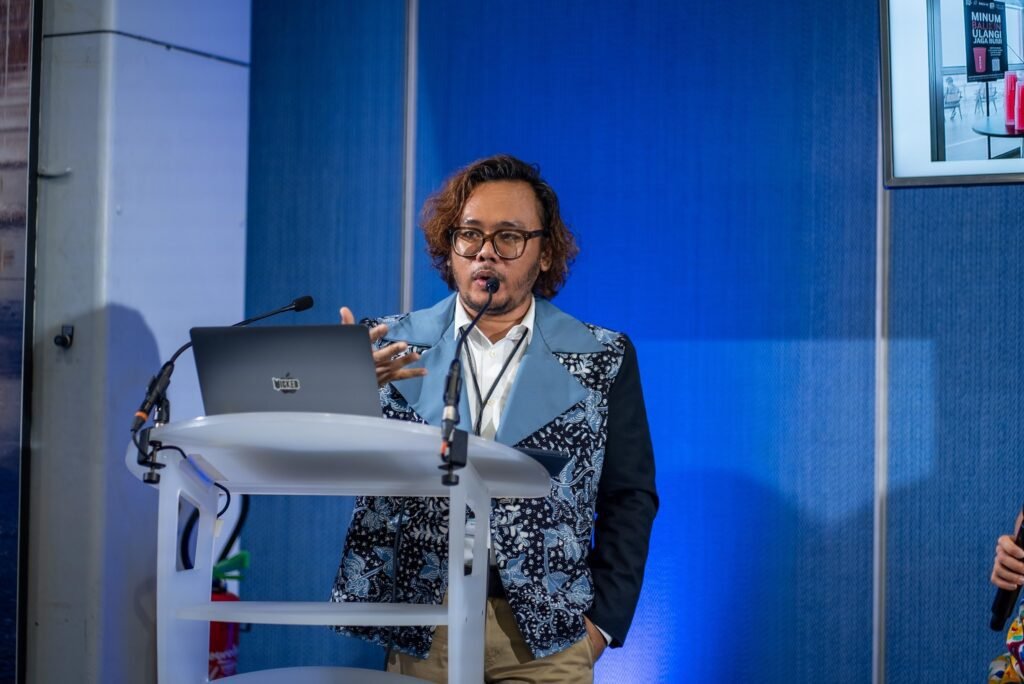
Photo credit: Dietplastik Indonesia/Alexandre Dumort.
Treaty Advocacy and the NICE Wake-Up Call
Throughout the week, I actively joined coordination meetings with the Scientists’ Coalition,UN Environment Programme, and World Economic Forum. Together, we refined treaty language and messaging on reuse—eliminating loopholes for downstream solutions, defining reuse, and embedding upstream targets in the treaty text.
I fully supported the “Nice Wake-Up Call,” a bold declaration endorsed by 95+ countries calling for:
- Caps on virgin plastic production
- Mandatory product redesign for reuse
- Global EPR systems with eco-modulated fees
While I was proud to stand behind this initiative, I also expressed my disappointment that Indonesia has not endorsed it:
“Indonesia has made real progress at the local level, but without national-level political will to align with ambitious global initiatives like the NICE Wake-Up Call, we risk sending mixed signals. Our regional leadership must be matched with global responsibility.”
What’s Next: Geneva and Beyond
As we approach INC-5.2 in Geneva, we must ensure Asia’s leadership on reuse is reflected in the treaty’s legal framework. Our voices, innovations, and local solutions must not be sidelined.
My participation at UNOC3 is part of Dietplastik Indonesia’s continued commitment to systemic change. Together, with our regional and global allies, we’ll keep working to ensure reuse is no longer the exception—but becomes the global norm.
Let’s make it happen.

